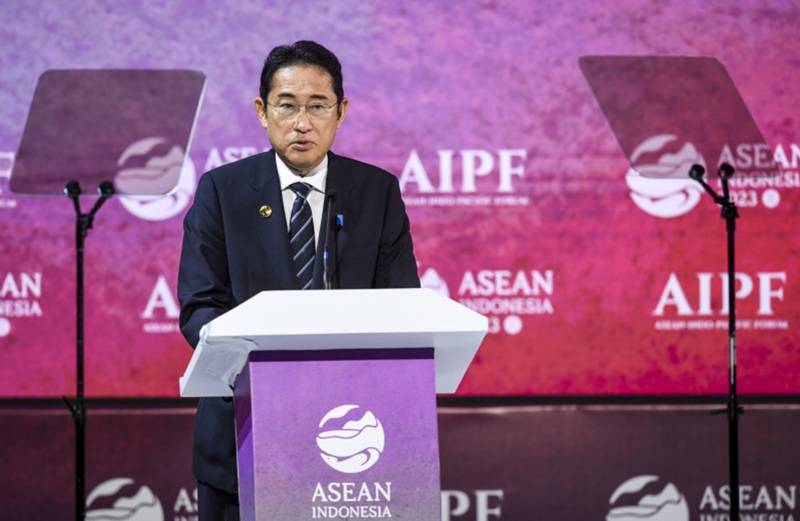Jakarta: Prime Ministers of Australia and Japan, both ASEAN Partner countries, affirmed the significance of ASEAN and conveyed commitment to further deepen collaboration with the region during the second day of the ASEAN-Indo-Pacific Forum (AIPF) at the Mulia Hotel, Jakarta 6 September 2023.
“The centrality of ASEAN is vital for Australia, we share the common belief in this region. ASEAN is where Australia economic destiny lies. We are building on a strong foundation, and there is so much more potential still untapped" said Australian Prime Minister Anthony Albanese, stated from Kemlu.go.id.
He further suggested cooperation on issues such as agriculture, energy security, infrastructure, and education.
Meanwhile, Japanese Prime Minister Fumio Kishida, elaborated the important relations between Japan and Indonesia – which he called has been “a powerful driver of global economy". He reiterated Japan's support for the ASEAN Outlook on the Indo-Pacific. ASEAN and Japan will hold a 50th year Commemorative Summit later this December where new vision for ASEAN-Japan will be launched.
The second day of AIPF also featured panel discussions, briefers, and CEO fireside chat under the subtheme “Green Infrastructure and Resilient Supply Chain."
Present in the panel discussions, among others, were CEO of Loca Laos, Executive Chair and Founder of Aspen Medical, Special Advisor to the President of Asian Infrastructure Investment Bank, Director of Finance of Pertamina, Director of Finance of MIND ID, Chief Commercial Officer, Logistics of DP World Asia Pacific, and Vice President and Head of Future Business Group of Hyundai Motor ASEAN Headquarter.
Highlighted during the discussions where the need of strong commitment and participation of the private sector in creating a resilient and green supply chain amidst future shocks and disruptions the region needs to also anticipate.
Furthermore, a briefing by the Vice Minister for Foreign Affairs of Indonesia, Pahala Mansury, underscored the strategies adopted by the Indonesian government to reach Net Zero by 2050. Among them are building green infrastructure, increasing capacity of renewable energy, increasing production of biofuel, developing green industry cluster (such as the ASEAN Grid) to support EV ecosystem, and policies on connectivity, such as developing green ports.
Cek Berita dan Artikel yang lain di Google News
FOLLOW US
Ikuti media sosial medcom.id dan dapatkan berbagai keuntungan



















